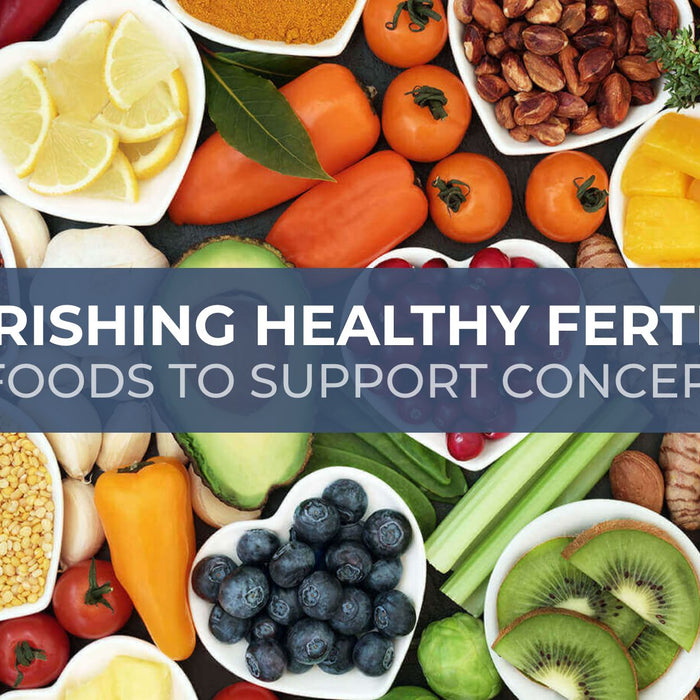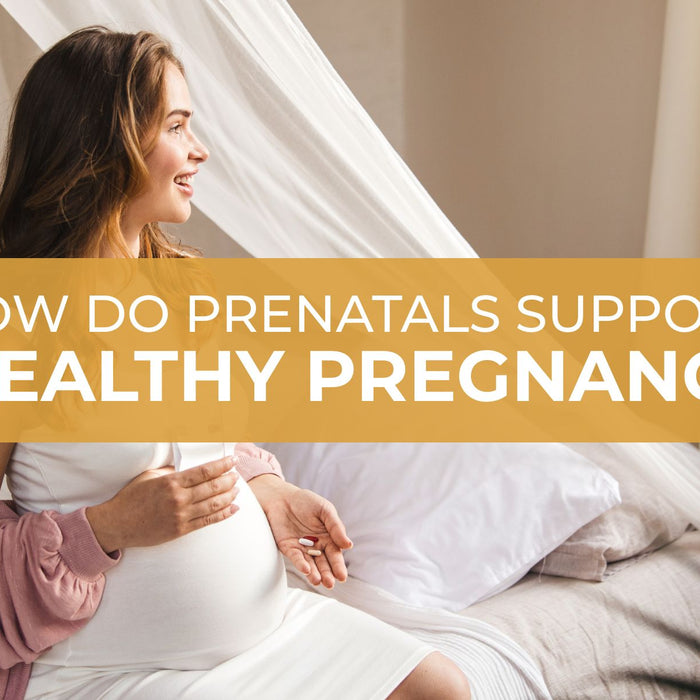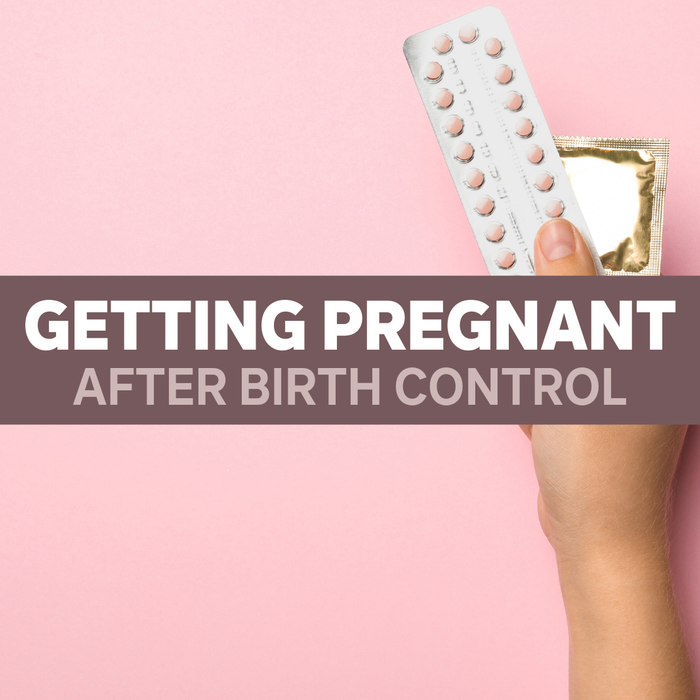The Devil’s In the Details: Using Ovulation Tracking To Support Fast Conception
Monitoring your reproductive cycle is easier than ever. By keeping tabs on ovulation, you can...
800-547-9812
800-547-9812
Monitoring your reproductive cycle is easier than ever. By keeping tabs on ovulation, you can...

Imagine your body as a garden that you want to flourish with new life. For...

In general, becoming a parent takes a lot of planning. You must ensure you can...

If you’ve decided it’s time to stop birth control pills so you can try to...

If you’re older than 35 and you’re ready to get pregnant, chances are you’ve encountered...

Most men would rather not think about fertility. Yet understanding it is precisely what can...

PCOS, or polycystic ovary syndrome, is a female metabolic condition. It was initially named because...

More than 13 million Americans of reproductive age are impacted by fertility issues. That’s 9...

Many people want to know the exact fertility diet they should follow to maximize their...